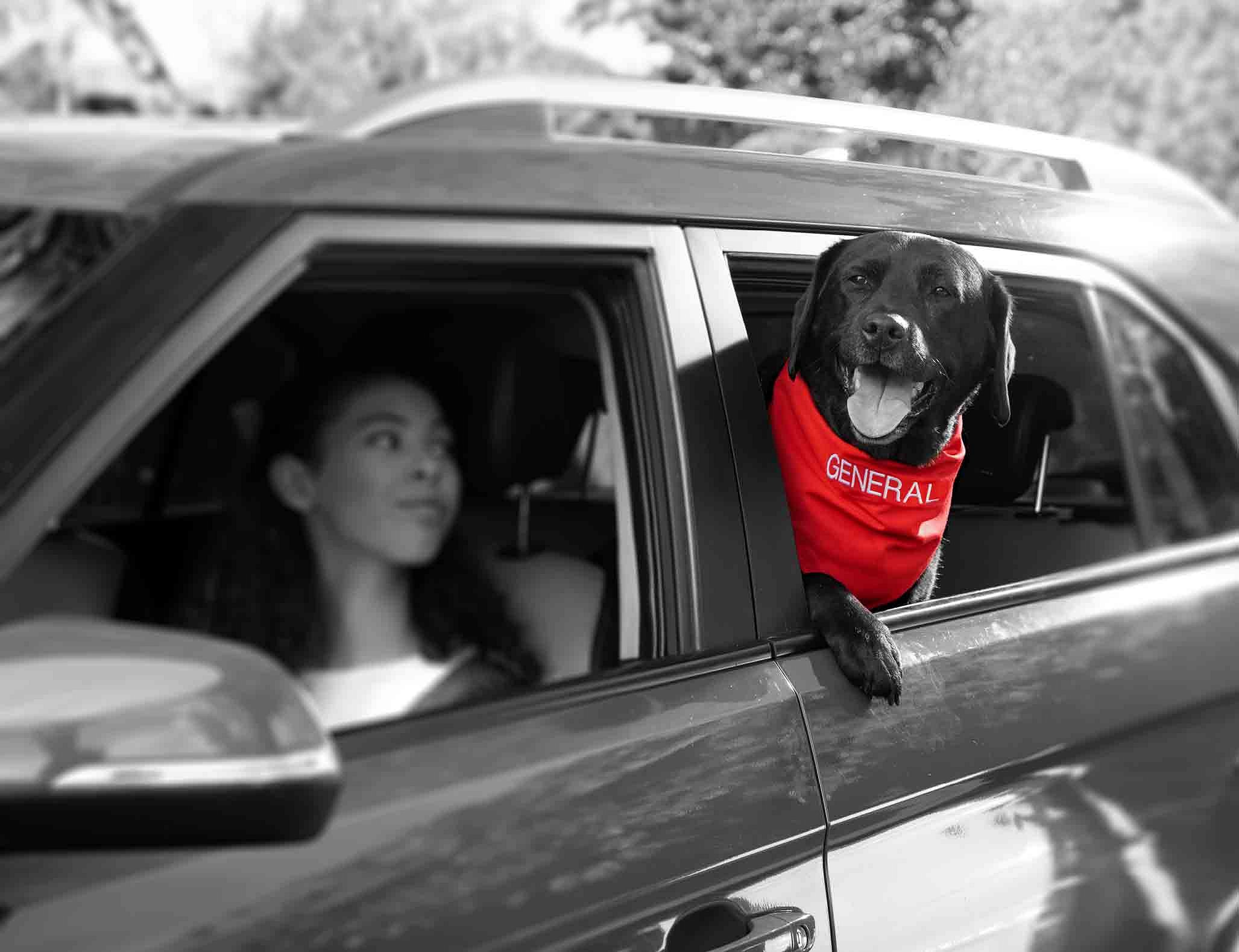Hitch a Plan & Protect Your Assets with Trailer Insurance
motor
Want to hit the open road with confidence? Protect your journey and peace of mind with Trailer Insurance from Auto & General Insurance. Whether you’re towing a camper, caravan, or utility trailer, safeguard your assets with coverage tailored to your needs. With the unpredictability of our roads, ensuring your trailer is covered against accidents, theft, and damage is essential. Our plans offer the support and security you need to hitch a plan and drive worry-free.
Popularity of trailer use in South Africa
The use of trailers for personal and recreational purposes in South Africa is widespread, reflecting diverse lifestyles and activities. Trailers serve as essential road companions, from road trips and camping adventures to transporting equipment and furniture.
However, with this popularity come risks – they are susceptible to theft, damage, and loss, especially when navigating unfamiliar terrain or facing rough road conditions. The right insurance is crucial to protecting your investment while you’re on the road. Adding Cargo Trailer Insurance, Utility Trailer Insurance, Camper Trailer Insurance, or Travel Trailer Insurance can ensure coverage personalised to your requirements and usage.
Is there a difference between Caravan and Trailer Insurance?
Yes, there is a difference. Many people mistakenly believe these two types of insurance are the same, but they serve different purposes and cover different types of vehicles. Awareness of the differences between these insurance products is necessary to ensure adequate protection for your assets.
What Caravan Insurance covers
Caravan Insurance is specifically designed for caravans or mobile homes that can be towed behind a vehicle. These vehicles are typically used for camping or leisure, providing temporary accommodation while moving. Caravan Insurance policies usually cover theft, accidental damage, fire, and vandalism. Additionally, they may cover contents within the caravan and Public Liability Insurance to protect the policyholder if someone is injured.
What Trailer Insurance covers
This insurance is tailored to provide coverage for trailers primarily used for transporting goods or equipment and leisure or living purposes. It can encompass various types of trailers, including utility trailers, camper trailers, cargo trailers, and travel trailers. Coverage under this insurance may include protection against theft, damage, or loss of the trailer itself, as well as liability cover if the trailer causes damage to other people’s property or injures someone.
To highlight the importance of having the right insurance coverage, consider the following hypothetical scenario:[CS4]
Imagine two individuals, Jan and Alex, who each own a trailer that they use for a different purpose. Jan has Caravan Insurance for his caravan and trailer, which he predominantly uses for leisure activities such as camping trips. On the other hand, Alex has specific Trailer Insurance covering her utility trailer, which she uses to transport goods for her business. One day, both experienced an unforeseen incident while towing their trailers. Jan contacts his insurance provider, discovering that his Caravan Insurance does not extend to the damaged trailer. As a result, he is left to cover the costly repairs and replacements himself. In contrast, Alex contacts Auto and General and files a claim, which is quickly assessed. Her policy covers the damage and repair costs, allowing her to resume business operations without disruption.
This example illustrates the importance of having the right kind of Trailer Insurance coverage for your specific needs. While Caravan Insurance may be sufficient for recreational vehicles, like a caravan, it doesn’t extend to trailers. By understanding the differences between these insurance products and selecting the appropriate coverage, policyholders can safeguard their assets and mitigate financial risks effectively and with ease.
8 tips to protect your trailer from damage or loss
Protecting your trailer from damage or loss is critical for maintaining its value and ensuring stress-free journeys. Here are eight tips to help safeguard your trailer and prevent insurance claims:
1. Secure storage: When not in use, always store your trailer in a secure location, such as a locked garage or storage facility. This helps protect it from theft, vandalism, and weather-related damage.
2. Use hitch locks: Invest in a hitch lock to prevent unauthorised towing of your trailer.
3. Wheel clamps: Apply wheel clamps to immobilise your trailer when parked. These devices make it challenging for thieves to move and steal the trailer.
4. Install tracking devices: Install a GPS tracking device on your trailer to monitor its location. If your trailer is stolen, this can help local authorities locate and recover it quickly.
5. Secure your contents: When transporting goods or equipment in your trailer, secure them properly to prevent movement during transit. Use straps, tie-downs, or cargo nets to keep items in place and minimise the risk of damage.
6. Regular maintenance: Check your trailer regularly to identify potential issues early on. Addressing problems quickly can prevent them from escalating into more significant damages or safety hazards.
7. Use manufacturer-recommended hitching techniques: Always ensure your trailer is hitched to your vehicle before towing it. Check that the hitch, coupler, safety chains, and electrical connections are secure to prevent damage or accidents while on the road. According to Arrive Alive[1], trailers are frequently discovered at or near crash sites. Surveys indicate that many trailer owners lack full awareness of the safest cargo-towing methods, so explore our expert tips for towing your caravan or trailer.
Get a Trailer Insurance quote from Auto & General
Looking for a Trailer Insurance quote? Then, get a quote for comprehensive insurance coverage from Auto & General. Our team is ready to answer any questions you may have.
Sources:
[1] Arrive Alive: Safe driving and towing
Disclaimer: The information in this article is provided for informational purposes only and should not be construed as financial, legal, or medical advice.








